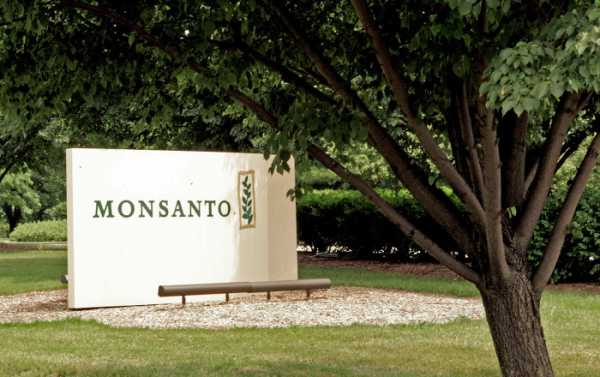
Monsanto now fears to lose a substantial amount of its profit in the Indian market as a lower court ruling, if upheld by the top court, would allow Indian farmers to use Monsanto’s know-how for future research and development of the cotton industry.
New Delhi (Sputnik) – India’s top court on Monday refused to grant a stay on the ruling of a lower court that has prevented agro-biotech firm Monsanto from claiming a patent over genetically modified cotton varieties in the country, while reserving the next hearing on Monsanto’s appeal for July 18.
The company presently collects royalties from the Indian seed companies that produce the GM cotton seed varieties under a sub-license.
“Monsanto, in the past has collected over $1 billion in illegal royalties from Indian farmers. This judgment once again comes as a relief for thousands of cotton farmers who are now hoping to find seed prices reduced,” said Ashwani Mahajan, the national co-convener of Swadeshi Jagran Manch.
The St. Louis-based company had lost the patent battle in the Delhi High Court on 11 April, two years after a case was filed by Indian Nuziveedu Seeds Ltd (NSL), which argued that the US seeds company was not eligible to claim patents and demand royalties from Indian seed companies. Monsanto challenged the decision in the country’s apex court on May 2.
As per the Delhi High Court judgment, a three-month window is available to Monsanto to register the Bt seed varieties under the Plant Varieties Act (PVA), which would still allow the company to collect a trait fee, but lose control over the plant’s genetic material.
Monsanto has been facing opposition from farmers in India who claim that Monsanto’s GM cotton seeds failed to protect their interests, as they were debt-ridden due to the loans they availed to purchase the costly seeds and pesticides marketed by the US firm.
The American agro-biotech firm has been selling genetically modified cotton seeds to India since 1998. It has completely substituted the country’s traditional cotton seeds through aggressive marketing strategies involving promises like multi-fold increases in farmer income. But government data claims that over 12,000 farmers, mostly cotton growers, have committed suicide every year since 2013 while the suicide rate was much higher prior to that.
Under pressure from farmers, the Indian government in 2016 had imposed price controls on cotton seeds and cut royalties by 70 percent by amending the law, after which Monsanto threatened to stop conducting its business in India. Again in March this year, the Indian government reduced Monsanto’s royalty from Bollgard II even further from INR 49 ($0.70) to INR 39 ($0.60) per 450-gram pack.
Sourse: sputniknews.com






